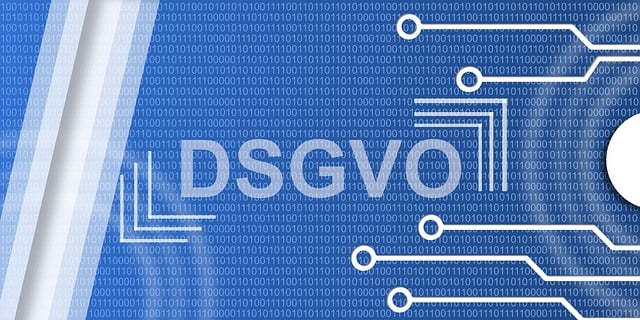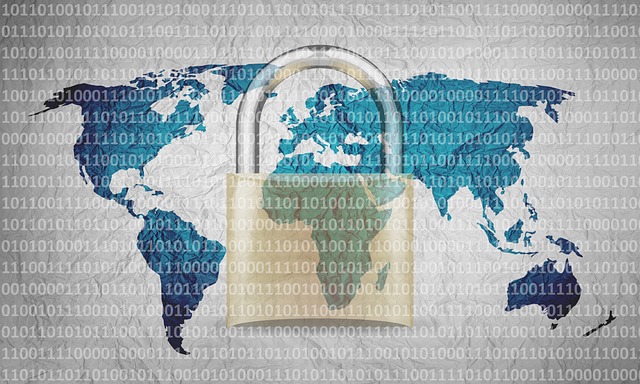Security workforce screening is a meticulous process essential for organizations aiming to protect their assets, employees, and visitors in today's threat-prone world. It involves rigorous background checks and assessments to ensure qualified individuals are hired for security roles, mitigating risks and fostering a secure environment. Key components include checking criminal records, mental health, and substance abuse histories, along with educational qualifications, work history, and psychological evaluations. Challenges like managing data and ensuring accuracy across legal landscapes can be overcome using advanced digital screening tools and standardized protocols. Organizations should define clear job requirements, implement multi-stage assessments, and prioritize background checks for a holistic approach to identifying competent, trustworthy security personnel.
In today’s increasingly complex security landscape, ensuring qualified security personnel is paramount. Background checks play a pivotal role in this process, acting as a cornerstone of security workforce screening. This article delves into the significance of robust security workforce screening, focusing on background checks as a critical tool for identifying top talent and mitigating risks. We explore key elements, common challenges, and best practices to enhance the effectiveness of your security personnel selection.
- Understanding Security Workforce Screening: Why It Matters
- The Role of Background Checks in Ensuring Quality
- Key Elements of a Comprehensive Screening Process
- Common Challenges and How to Overcome Them
- Best Practices for Effective Security Personnel Selection
Understanding Security Workforce Screening: Why It Matters

Security workforce screening is a critical process that involves thorough background checks and assessments to ensure only qualified and capable individuals are hired for security roles. In today’s world, where threats can arise from various sources, having well-vetted security personnel is paramount for organizations and facilities seeking to protect their assets, employees, and visitors. This meticulous screening process goes beyond basic employment verification; it delves into an individual’s history, character, and suitability for the specific security functions they’ll be performing.
Effective security workforce screening plays a pivotal role in mitigating risks, enhancing safety, and fostering a secure environment. By examining criminal records, verifying educational credentials, assessing psychological fitness, and checking references, organizations can identify potential red flags or unsuitable candidates early on. This proactive approach allows them to make informed decisions, ensuring that their security teams are composed of reliable, competent professionals who understand the nuances of their roles and are committed to maintaining high-security standards.
The Role of Background Checks in Ensuring Quality

Background checks play a pivotal role in the security industry by acting as a robust screening mechanism for prospective security personnel. These comprehensive investigations go beyond mere verification of identity and employment history to uncover potential red flags, ensuring that only qualified individuals are entrusted with safeguarding valuable assets, critical infrastructure, and sensitive information.
Effective security workforce screening involves verifying credentials, checking criminal records, assessing mental health, and gauging substance abuse histories. By employing advanced technologies and data analytics, background checks can identify patterns, discrepancies, or indications of untrustworthy behavior, thereby mitigating risks associated with hiring unqualified or malicious personnel. This proactive approach is essential in maintaining the integrity of the security workforce, enhancing operational security, and fostering an environment of trust and reliability within the industry.
Key Elements of a Comprehensive Screening Process

A comprehensive security workforce screening process involves several critical elements that ensure only qualified and capable individuals are hired for sensitive roles. Firstly, background checks are essential to verify identity, criminal history, and any potential risks or biases. This includes thorough credit checks, national crime records searches, and international databases to uncover undisclosed information. Moreover, drug screening and alcohol testing are vital components, as they guarantee a fit and sober workforce, which is paramount for effective security measures.
In addition to these checks, assessing educational qualifications, work history, and professional certifications further strengthens the screening process. Verifying references from previous employers provides insights into job performance and behaviour. Equally important, psychological evaluations and competency assessments help identify individuals with strong decision-making skills, situational awareness, and emotional intelligence—essential traits for security personnel who often face high-pressure situations.
Common Challenges and How to Overcome Them

The process of background checks for security personnel faces several challenges that can hinder its effectiveness. One common issue is the vast amount of data that needs to be verified, including employment histories, criminal records, and educational credentials. This requires significant time and resources, often leading to delays in hiring. To overcome this, utilizing advanced digital screening tools can streamline the process. These platforms automate record checks, provide real-time updates, and offer a centralized system for managing candidate information, enhancing efficiency.
Another challenge is ensuring accuracy and consistency in background investigations. Different regions have varying legal requirements and reporting standards, making it difficult to maintain uniformity. To address this, companies should collaborate with reputable screening service providers who possess expertise in navigating these complexities. Standardized protocols and regular training for screeners can also improve the overall quality and reliability of the background check process, ultimately fostering a more robust security workforce screening program.
Best Practices for Effective Security Personnel Selection

Selecting qualified security personnel is paramount, especially in high-risk environments. The best practice for effective security workforce screening begins with a comprehensive understanding of job requirements and relevant industry standards. Each role should have clearly defined criteria, including specific skills, certifications, and experience levels.
Implementing multi-stage assessment processes, such as detailed application forms, structured interviews, and background checks, ensures that every candidate is rigorously evaluated. Background checks, in particular, play a crucial role by providing an in-depth look into applicants’ history, verifying their identity, and uncovering potential red flags. This holistic approach to security workforce screening helps identify individuals who possess the necessary competence, integrity, and reliability required to safeguard people, property, and assets.
